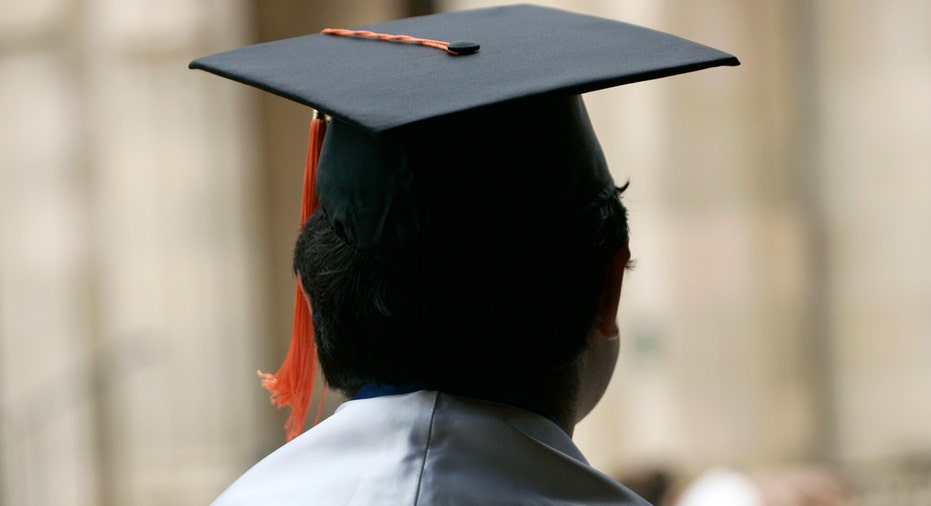Why Millennial Issues Are Ignored in the Debates

Across the three Republican and one Democratic presidential debates, Millennials’ issues have been largely glossed over. By 2016, there will be 81 million Millennials eligible to vote, accounting for 36% of the voting population, according to the Center for American Progress and they’re currently the largest group in the American workforce. President Obama won the youth vote in 2008 and 2012 and the group proved to be a decisive voting bloc.
So why are their issues barely being mentioned at the debates? According to Charlie Kirk, the founder of Turning Point USA, the candidates are focused on who will turn out to vote and there is disagreement across various polls if Millennials will show up to the ballot box in 2016.
“The mainstream thought is that you can ignore the youth vote. It’s a mistake” says Kirk.
The biggest issue that the candidates should be discussing for Millennials is the student loan crisis, totaling a whopping $1.2 trillion. In the last debate hosted by CNBC, there was only one question asked about student loans. While many of the candidates have outlined their plans to rein in student debt and education, the issue has remained essentially untouched during the debates. “Candidates have acknowledged it in the debates, but haven’t gone into detail” says Joelle Gamble, National Director of the Roosevelt Institute's National Network.
“There’s so much material around the cost of college, student loan debt, youth unemployment--it could be its own debate” says Kirk.
One candidate who could hammer this point home further is Florida Senator Marco Rubio, who finished paying off his student loans just a few years ago.
Candidates can also speak to Millennials’ frustration with the political system and talk about how they’ll make government work. “Young people would see a lot of value in addressing and recognizing the faults that have become very flawed” says Kirk.
The GOP candidates in particular could place more emphasis on young entrepreneurs. After the 2012 election, the College Republican National Committee published a report concluding that Millennials saw the Republican Party as the party of established businesses, not young entrepreneurs. “Absolutely we should be talking more about young innovators and young entrepreneurs” says Adi Sathi, Vice Chair of the Michigan Republican Party
Former New York Governor and presidential candidate George Pataki said during the CNBC debate: “We have to work with the next generation of Millennials to have the innovation and technology so that we can grow a 21st Century economy.”
While the debates could give more attention to Millennial issues, the presidential candidates aren't completely ignoring Millennials, instead choosing to engage with them through social media and even pop culture forums. Republican candidate Donald Trump hosted “Saturday Night Live” this past weekend and spoofed the popular Millennial song “Hotline Bling” by rapper Drake.
According to data from social analytics firm HyPR, the five most popular candidates on Facebook (NASDAQ:FB) with Millennials are Trump, Rubio, Dr. Ben Carson, Vermont Senator Bernie Sanders and former Florida Governor Jeb Bush. On Twitter (NYSE:TWTR), only Trump and Hillary Clinton have over a million followers.
Social media might be the true way to Millennials’ votes, though. “Obama did a great job using social media to his advantage, but now everybody is doing it and a lot more people are engaged” says Sathi.
As the campaign inches closer to November 2016, the conversation may shift more of its dialogue to Millennial issues.
“Look at the numbers and see how impactful they were in 2012. It’s definitely a group of folks that shouldn’t be ignored” says Sathi.
FOX Business Network and the Wall Street Journal will present two Republican presidential primary debates in conjunction with the Republican National Committee (RNC) on November 10, 2015. The debates will focus on the economy and be presented live from the Milwaukee Theatre in Milwaukee, WI, on FBN and FOXBusiness.com. Debate coverage begins at 7PM ET.



















